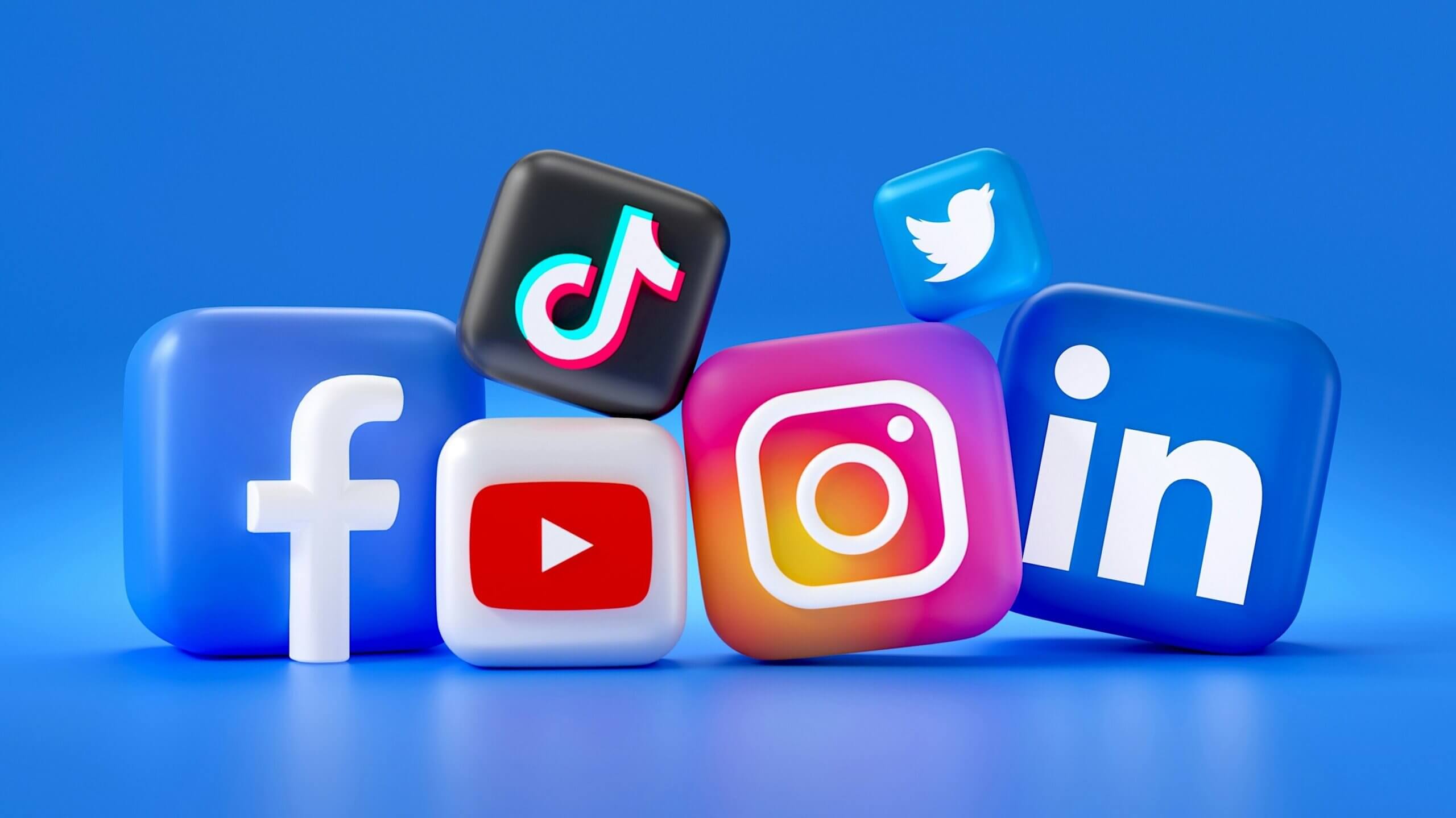
When developing a social media strategy, it is common to hear experts juxtapose the merits of paid versus organic content. At Elmore, we reframe this discussion. It is not about the benefits of paid versus organic content, but of paid and organic content. In other words, in order successfully execute an organic social media strategy, you must have a supporting paid strategy woven into your organic plan, and vice versa.
The reality is social media is pay-to-play. To reach the right audience, and even to regularly reach your existing audience, the algorithms behind Facebook, Instagram, X and LinkedIn highly favor a combination of paid and organic content. What is the difference between paid and organic, and how does one complement and even help optimize the other to expand your reach and engagement?
Organic content is content you post on your organization’s page or feed without any payment made to the social media platform. These posts will be served almost exclusively to your existing followers and their followers.
Paid content is any content that is supplemented financially with the goal of reaching a wider or specific targeted audience. Paid content helps expand your reach by connecting you to new members of your ideal audience, and can take the form of specially created ads or “boosted” or promoted posts.
Paid content is important because:
- It helps you reach new audiences
- It helps drive leads and link clicks to wherever you want to increase traffic (e.g. Facebook page or website)
- If your organization is spending money on the platform, the algorithm is more likely to share organic content more widely, expanding your overall reach
- Testing your ads against each other (called A/B testing) will inform how both your paid and organic content should look. The ads which perform the best are an indicator of what your audience wants to see more of from you, including in your organic posts.
Organic content is important because:
- Once you attract a new audience, it gives them something to stick around for. New visitors to your page should be compelled to stick around and hit the follow button because the page is chock-full of content that resonates with them.
- Organic content is where you build relationships and have conversations with your community.
- It helps you determine what your followers really like and engage with. Your ads should reflect your best content, and organic posts can be a testing ground. For instance, when you are building out an ad, you can recall whether your followers engage better with photography or infographics, or if they prefer silly videos to polls.
Paid content may get a person to your account or website; organic content will keep them there.
To develop a strategy that encompasses both paid and organic posts, consider the following:
- Ads need to be thumb-stopping, and targeted. The better you know your ideal customer or audience (including their location, gender, age, interests, pages they might follow that are similar to yours), the cleverer and more appealing you can make the ad to reach said audience.
- That said, paid ads must be genuine and consistent with your brand voice. If you regularly (organically) push out funny reels on your page, but then run super serious ads, there will be a disconnect. The ads are inauthentic to your brand, and no one will stick around.
- No matter the budget, large or small, you cannot pay for or boost every post, so pay for the ones that will help you reach your goals. For example, if your goal is to drive people to an event website, boost posts that directly link to the event page. If you have a sales goal to reach, promote posts that link to your ecommerce page.
- If you are not doing an event or have a sales targets, boost content that gets to the why of your organization: why are you here and what do you want people to know about you?
- Boost your best content. This may seem obvious, but if you are paying to reach new audiences, put your best foot forward. Boost content that inherently appeals to those “lookalike audiences.” They will be your followers; they just have not discovered you yet.
- Finally, consider hiring a firm or full-time staff member who specialized in social media strategy. An experienced digital communicator will develop a tailored plan to reach the right targets in the most cost-effective way.
Are you ready to up your social media game? Contact Elmore today.
